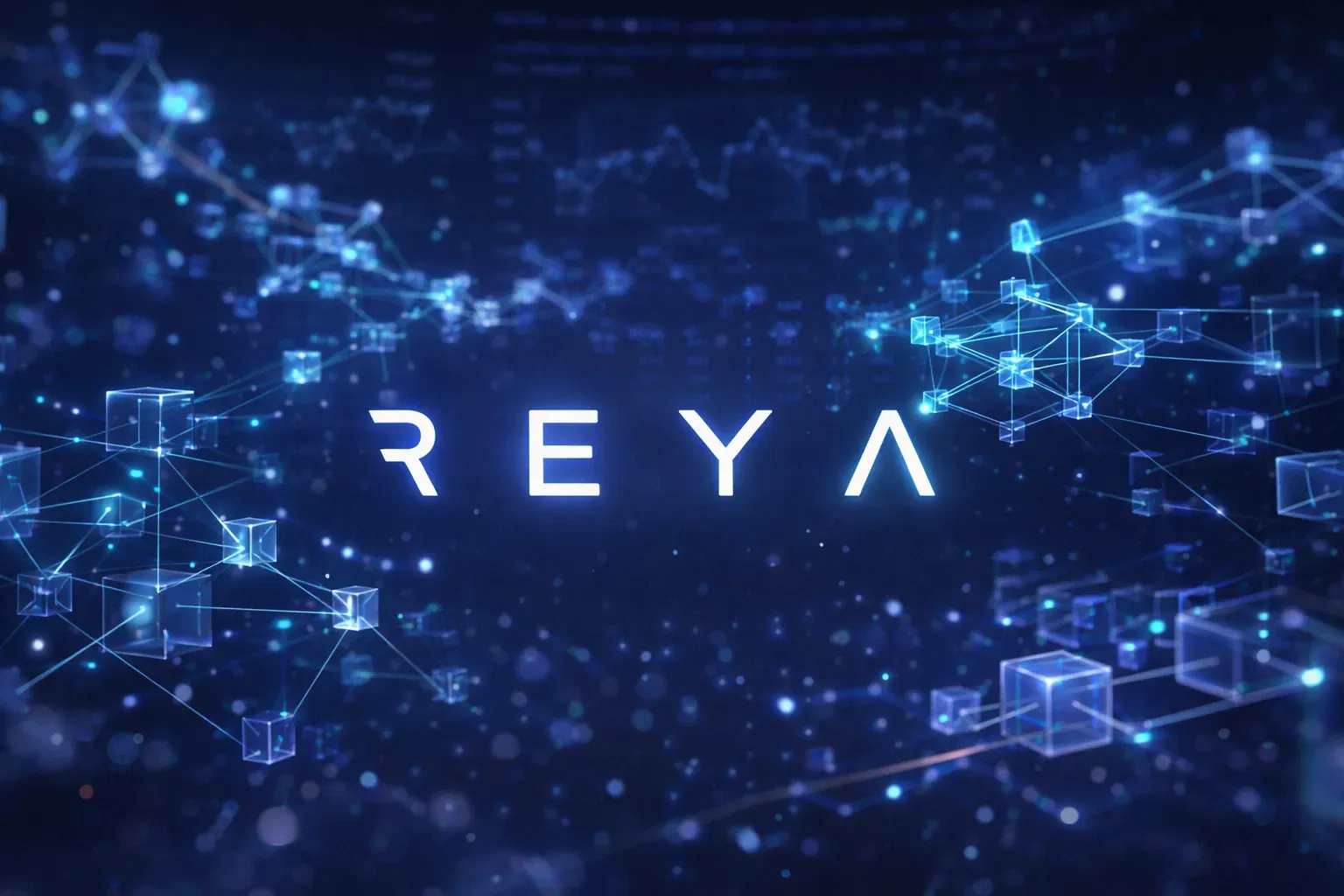Before backing a taxpayer fighting with the Internal Revenue Service (IRS) over the agency's access to its digital asset platform data, US cryptocurrency exchange Coinbase petitioned the US Supreme Court.
In a case filed with the Supreme Court of the United States (SCOTUS) on 30 April, Coinbase's lawyers argued that the First Circuit Court of Appeals ruling sets a 'dangerous precedent' for cryptocurrency users, potentially allowing the government to 'track every cryptocurrency transaction made in the past and monitor every future transaction'.
James Harper, a Coinbase user who sued the IRS after the exchange was forced in 2017 to provide transaction data to authorities via a broad "John Doe" subpoena, filed the appeal with the Supreme Court.
The third-party doctrine says that any time you voluntarily share info with a third party you have no reasonable expectation of privacy whatsoever. Today @coinbase filed an amicus brief with the US Supreme Court to right this wrong. 1/3
- paulgrewal.eth (@iampaulgrewal) April 30, 2025
According to the document, "Coinbase's interests in defending the privacy rights of its users and in the proper application of this Court's constitutional doctrine against unreasonable governmental demands on third-party service providers to provide users' personal information are directly implicated in this case."
"The Fourth Amendment will not protect the millions of law-abiding Americans who regularly share sensitive information with third parties who store, transmit or use it to offer services if the First Circuit's ruling is upheld."
Supreme Court Evaluates A Historic Case On Digital Privacy Supported By Coinbase And Industry
A petition in favor of a plaintiff filed by a party not directly involved is called a amicus brief. The Court's decision could set important precedents regarding bitcoin users' digital privacy rights and the IRS's ability to collect tax data. Harper's motion was denied by both the US District Court for the District of New Hampshire and the US Court of Appeals for the First Circuit, leaving the Supreme Court as the last resort.
In a 30 April post on X, Paul Grewal, Chief Legal Officer of Coinbase, said:
"We believe in tax compliance, but this case goes far beyond a circumscribed individual request and far beyond cryptocurrency. It concerns emails, banks, phone companies, internet providers and everything else. The same privacy rights that apply to the email you receive should also apply to your email account."
It is uncertain whether the Court will accept the case. Supreme Court decisions are generally made public in June. Numerous industry players, such as the DeFi Education Fund and social networking giant X, have filed similar papers in support of Harper since the first appeal was filed in 2020.
The Coinbase petition to the US Supreme Court represents a pivotal moment in the ongoing debate over tax privacy in the digital age. By challenging the IRS's extensive data collection practices, the case could set a precedent that affects not only cryptocurrency users but also the digital privacy of all Americans.
While the Court considers whether to accept the case, its decision could redefine how government agencies access personal data through third-party platforms. Backed by industry leaders and privacy advocates, this challenge highlights growing concerns about how to balance tax collection with constitutional rights in an increasingly digital and decentralised world.








